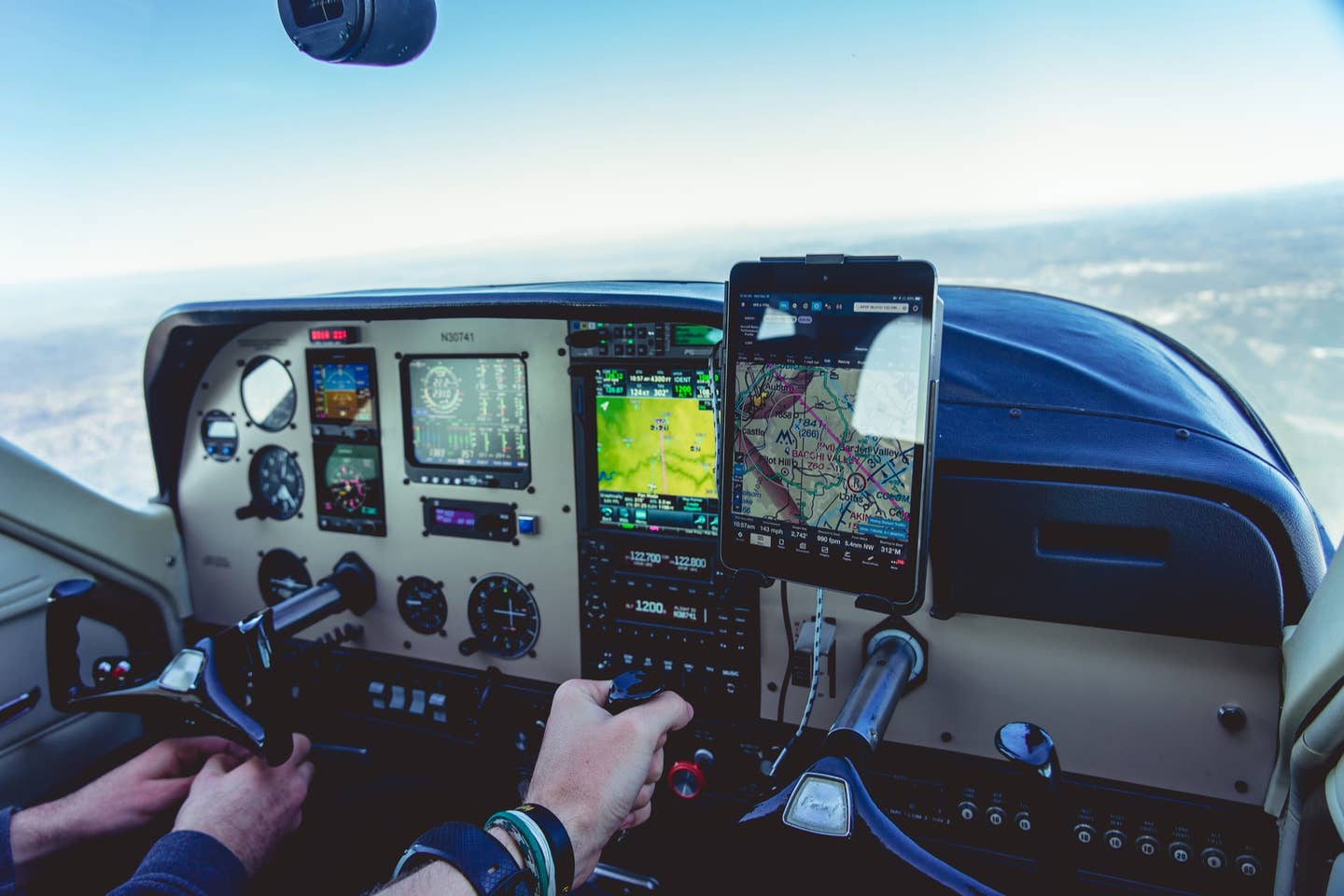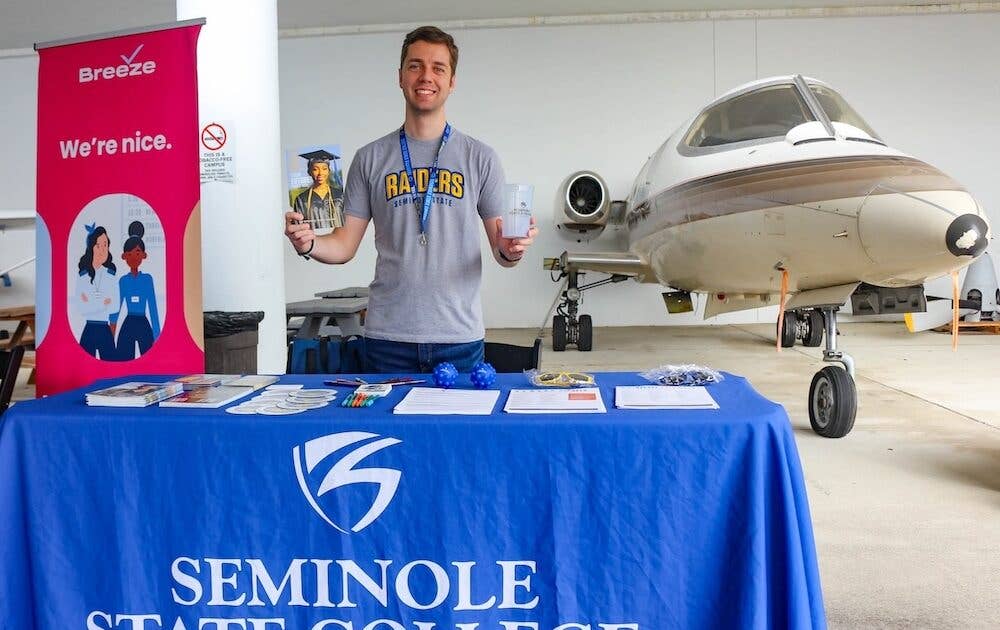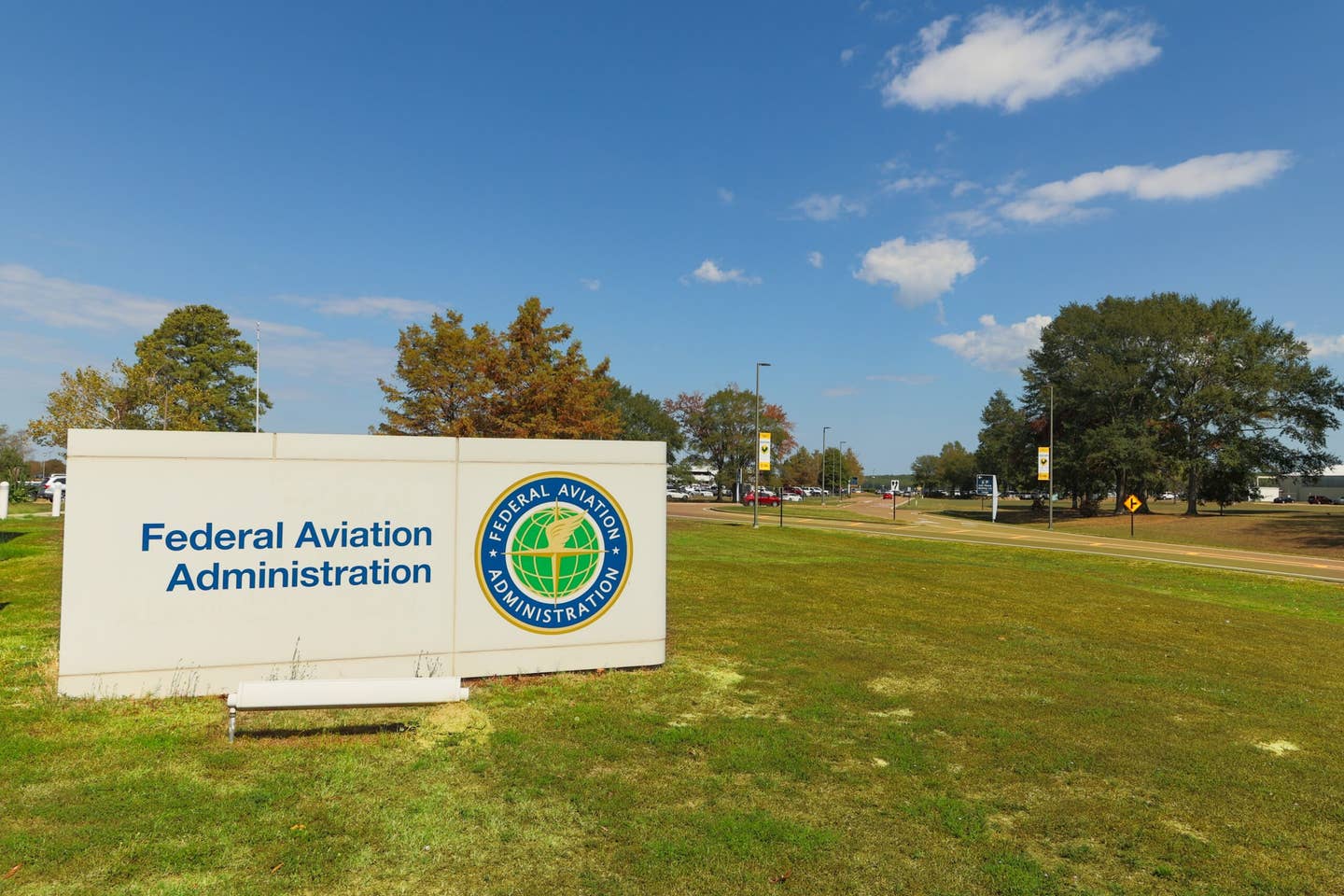Q2 Avionics Sales Increase Nearly 12 Percent
The Aircraft Electronics Association says total sales of avionics so far this year topped $13 billion.

Forward-fit sales during the second quarter led the way over retrofits, with $3.73 billion and $3.35 billion, respectively. [File Photo: FLYING archives]
The Aircraft Electronics Association (AEA) said in its second quarter report this week that in the first six months of the year, the total worldwide business and general aviation avionics sales was more than $1.3 billion, according to data from participating companies. As the aircraft purchasing market has remained hot, the AEA said avionics sales increased 11.7 percent from the first to the second quarter this year. More broadly, as reflective of the pandemic-related demand for private aircraft, the AEA said the second quarter profit represented eight consecutive quarters of increasing sales. Comparing April to June 2021 with the same time period in 2022, avionics sales increased by 19.9 percent.
Forward-fit sales during the second quarter led the way over retrofits, with $3.73 billion and $3.35 billion, respectively. The report said forward-fit sales during this year's first six months were 35.6 percent more than during the same time in 2021. This makes sense as aircraft manufacturers, such as Bombardier, reported last week that they expected to sell more than 120 executive jets this year (as they did in 2021) and had a $14.7 billion order backlog.
Moreover, AEA said the more than $373 million in forward-fit sales marks the second-largest sales total in that category in the report's history, just shy of the more than $376 million reported in the second quarter of 2019.
By region, the association said the U.S. and Canada generated 73.6 percent of the six-month sales activity this year.
In a statement, AEA president and CEO Mike Adamson said, "It is encouraging to see sales continue to climb." Still, Adamson said members reported that price inflation may have bumped the numbers up. "Companies participating in the market report indicated they had increased their prices nearly 6 percent, which is substantial," Adamson pointed out. However, that was still below the 8.5 percent rise in the U.S. annual consumer price index reported in July, which could mean some sales were actually at a loss as businesses prepared for a potential recession.
In the end, Adamson commended suppliers for withstanding increasing costs and supply chain disruptions.
"The effort to manage and maintain the flow of products by our avionics OEMs dealing with supply constraints and the ever-increasing cost to produce and recertify their products is extraordinary."

Sign-up for newsletters & special offers!
Get the latest FLYING stories & special offers delivered directly to your inbox






